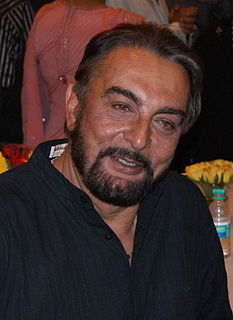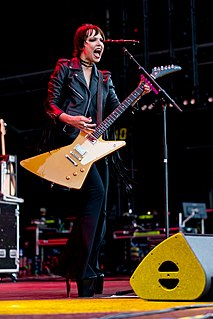A Quote by John Keats
My imagination is a monastery and I am its monk.
Quote Topics
Related Quotes
Possession of books denounced as heretical was made a criminal offense. Copies of such books were burned and destroyed. But in Upper Egypt, someone, possibly a monk from a nearby monastery of St Pachomius, took the banned books and hid them from destruction - in the jar where they remained buried for almost 1,600 years.
What frustrated me was the thought that with three thousand years of history someone in China, some monk in a monastery halfway up a mountain, must have developed a magic kata, a physical expression of formae. Or at least have got close enough to explain all those legendary swordsmen and their inexplicable desire to roost on the tops of bamboo trees.
Father monks, why do you fast! Why do you expect reward in heaven for that?...No, saintly monk, you try being virtuous in the world, do good to society, without shutting yourself up in a monastery at other people's expense, and without expecting a reward up aloft for it--you'll find that a bit harder.
Imagination! Imagination! I put it first years ago, when I was asked what qualities I thought necessary for success upon the stage. And I am still of the same opinion. Imagination, industry [hard work], and intelligence-the three I's-are all indispensable to the actor, but of these three the greatest is, without any doubt, imagination.




































